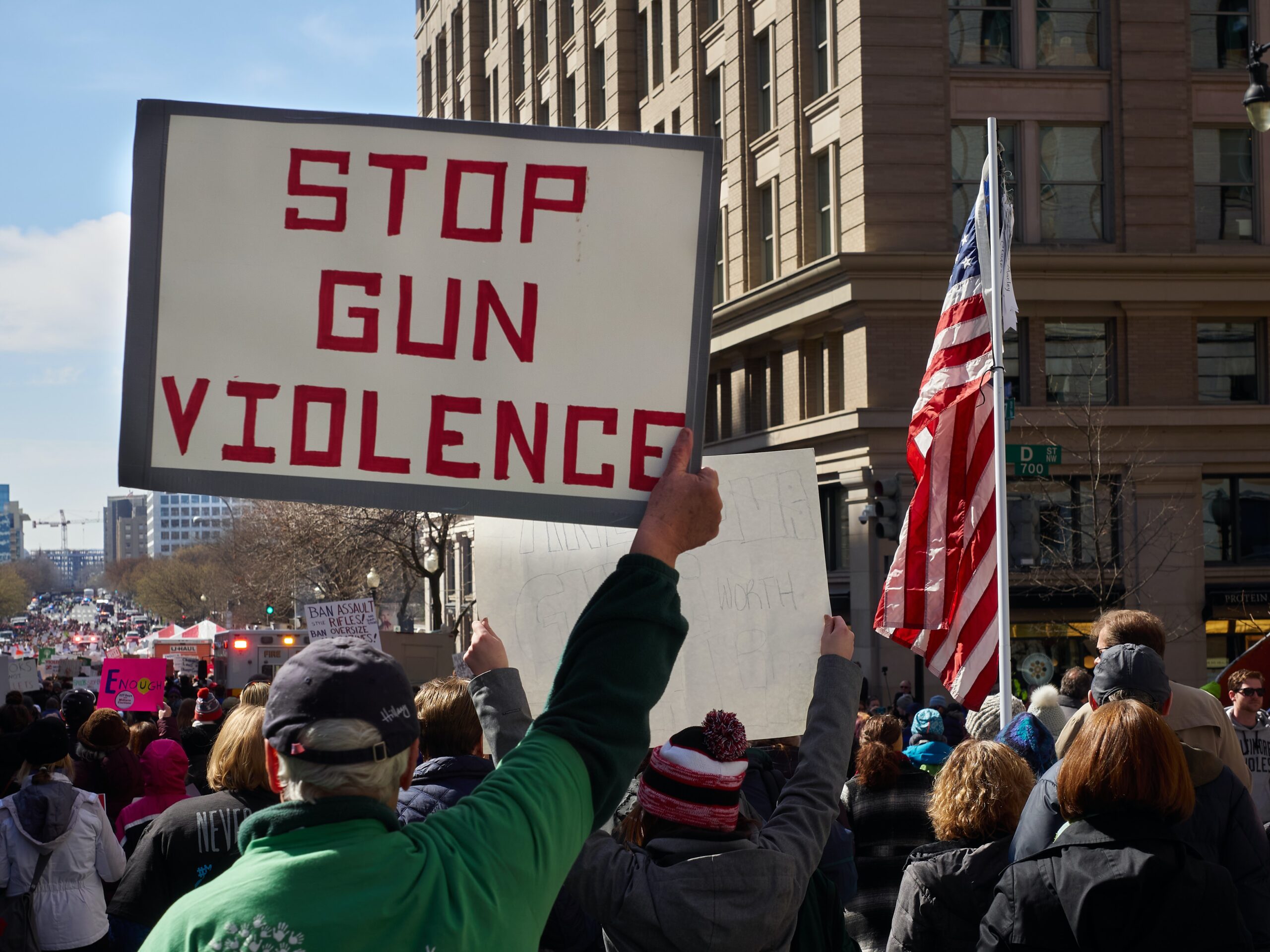Recent racially motivated attacks prompt call to action from members of USF community

Tragedy struck May 14 and 15 when two racially-motivated shootings in New York and California made headlines. For English professor Geveryl Robinson, the impact of such injustices can be felt despite the distance.
“It’s upsetting. It makes me angry and I am hurt for these families, but I’m not shocked because for us, this isn’t anything new,” she said. “As Black people, we already know as a community how we’re going to cope because we have been doing it for 400 years. Our issue is how other people are going to address this.”
The shooting in Buffalo, New York occurred May 14 at a supermarket located within a historically Black neighborhood. A heavily armed man opened fire on shoppers at around 2:30 p.m. while live streaming the attack, resulting in the death of 10 people.
It was found following the attack that the assailant’s weapon, a semi-automatic rifle, was marked with an anti-Black slur as well as the number 14, a popular symbol used among white supremacists, according to The Buffalo News.
Further investigation revealed the shooter had also written a manifesto where he identified online media platforms as the catalyst to his racial hatred.
Finding emotional support during times of grief can be incredibly difficult for minorities due to the racism posed by white supremacist ideology, according to Robinson. As the government has previously failed to prevent acts of racism and hatred from occurring, she said change will need to come from a widespread and concerted effort between members of society.
“There’s an expression that says white supremacy is always going to be around until people understand that it’s an issue that white people have to address instead of being something that is used to make them empathize with Black people,” she said.
“You hear a lot about how we need allies, and I always say, ‘We don’t need allies, we need accomplices.’ We need people who are going to say ‘Listen, this made me uncomfortable’ or ‘I don’t want your money if this is how it’s going to be’ … If you see things that are harmful, speak up.”
President of the Tampa Bay Chapter of the National Association of Asian American Professionals (NAAAP) Mariben Andersen shared similar sentiments on the value of standing up against discrimination. When attempting to envision solutions for mitigating hate crimes in the future, she said showing others respect despite potential differences is a difficult but necessary endeavor.
Members of the Irvine Taiwanese Presbyterian Church congregated to celebrate a former pastor on May 15. The shooter, who is of Chinese descent, conducted a targeted attack upon Taiwanese worshippers during the celebration, resulting in one death.
Police officers in Orange County, California charged the shooter with murder and attempted murder a day after the attack. Noting that the man had driven hours to express his grievance against Taiwanese people, the shooting was formally labeled by the police department as “a politically motivated hate incident.”
Andersen said herself and fellow members of NAAAP have had to become more observant of their surroundings following the shooting. Given that both the victims and shooter were of Asian descent, she expressed concerns over the impact continental-heritage hate may have upon the welfare of Asian communities in America.
“We have to be vigilant and we have to utilize the resources that are available. We have to be very much aware of our surroundings and not put ourselves in areas or situations where we could be discriminated against and harmed,” she said.
“As an Asian American woman, I have experienced discrimination throughout my life and I am afraid for my fellow Asians. My message to them is to not be afraid to go out but just be cautious and careful.”
Debates surrounding solutions to gun violence are ones worth having, according to Andersen. From her perspective, ownership of guns doesn’t pose as large of an issue as the quality of safety education currently provided to gun owners.
However, Robinson offered a different perspective. Without measures to inform the public on the history of racism and dangers of racial discrimination, she said gun safety education will ultimately be ineffective.
“I use the analogy of when you go to a doctor, one of the things you have to fill out is your medical history. They want to know everything you know, whether you’ve had a relative with an issue … in order to fix problems, you have to know what’s in your history,” she said.
“It’s the same with us. Before we can heal ourselves of this illness of racism, we have to talk about it. We have to say ‘Okay, here’s where we are. Let’s go back and look at how we got here.’ Then we will see if there are patterns, just like they do with our medical history.”
It is important for impacted communities to come together and honor the lives of those lost during this time of immense heartache, according to Robinson. Proceeding forward, she is hopeful younger generations will remember these experiences when attempting to create change.
“At this time, I’m watching us as a nation regress and it’s heartbreaking to see where we are now as a country,” she said. “One thing I tell my students is I want them to always remember that their voices matter and that during the Civil Rights Movement, young people were at the forefront.
“My hope is that they are going to see the shootings and [recent legislation] and say, ‘You know what, we’re not going to allow this to happen in the future.’”







